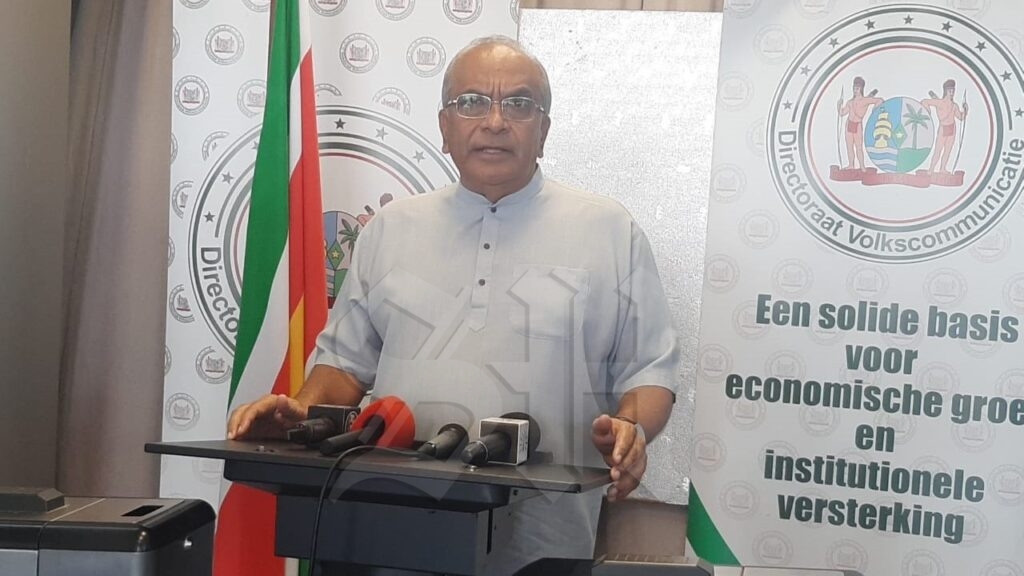The government has drawn up a list of state-owned enterprises to be privatized, including SAIL. Additionally, there are companies that officially exist but currently play no active role. This was stated by Minister Parmanand Sewdien of Agriculture, Livestock, and Fisheries (LVV) ahead of the weekly Council of Ministers (RvM) meeting. A pilot project is currently underway to prepare state-owned companies for privatization.
Discussions between the current management of SAIL and the trade union are focused on the future of the employees, with their interests being prioritized. Minister Sewdien confirms that the privatization of SAIL is now certain. This process will be carefully executed to ensure a smooth transition and to avoid uncertainty among employees.
Minister Sewdien has discussed the pros and cons of selling SAIL with the Supervisory Board. Today, a meeting is planned with the employees at SAIL’s premises. Although initial reactions from employees and the public to the potential sale were negative, the minister emphasizes that the process will be transparent.
The minister assures that employees do not need to worry about their jobs; no layoffs will occur. Additionally, the interests of all stakeholders will be considered to facilitate a smooth transition. This brings hope that the privatization will be conducted carefully, with the interests of the employees at the forefront.
SAIL is currently in a challenging position due to various factors. The company tried to stay afloat by investing in Tilapia production and developing an action plan, but shrimp farming also failed to deliver the desired results. Employees are concerned about crucial issues such as their pensions and want to avoid unforeseen situations.
Additionally, SAIL’s building urgently needs renovation, adding extra pressure on the organization. Despite 60 years of experience, SAIL currently cannot maintain more than 65 employees. According to Minister Sewdien, SAIL can no longer be considered a healthy company, and the focus is now mainly on processing products for third parties. This raises questions about the company’s sustainability, especially since the government does not intend to keep the company afloat with subsidies.




